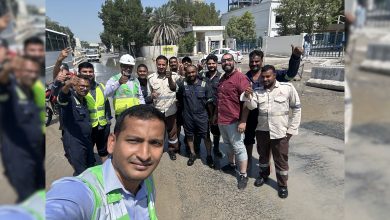A Filipina scientist leads the development of a mass testing technology in Switzerland that is considered a breakthrough in the fight against the COVID-19 pandemic.
Catharine Aquino-Fournier, who graduated with a degree in Biology in 1996 and a master’s degree in Genetics in 2003 in the University of the Philippines Los Baños, heads the HiDRA-seq application of the Functional Genomic Center Zurich (FGCZ), according to a news release of the state university on Tuesday.
The center serves as the core facility of the University of Zurich and the Swiss Federal Institute of Technology.
According to Aquino-Fournier, HiDRA-seq detects the SARS-CoV-2, the virus that causes COVID-19, using Next Generation Sequencing (NGS), which is used to determine the DNA sequence or fingerprint of a cell or an organism.
It is a method is similar with the real-time reverse transcription polymerase chain reaction (rRT–PCR), the “gold standard” for COVID-19 testing. The method also counts the number of virus particles present in the sample.
“The difference is that [while] in rRT-PCR, the output is a fluorescent intensity, in our test, the output is COVID-specific sequences. Since we have the sequences, we can determine the strain of the virus depending on the mutations that we find,” Aquino-Fournier explained.
“In the technology we developed, we are trying to skip the part of extracting the genetic material and get it straight from saliva, or gargles, or directly from the swab,” she added, taking note that such decreases the processing time.
HiDRA-seq also fills in rRT-PCR’s main drawback – its lack of genotypic information. This support could enable the mapping of the spread and transmission, as well as the monitoring of the evolution of the etiological agent, which is crucial for vaccine development.
The application can process up to 100,000 samples in a single run for about $2 per sample.
Their application, she said, is not 100% accurate just like rRT-PCR’s – with a 10% chance of yielding wrong results.






